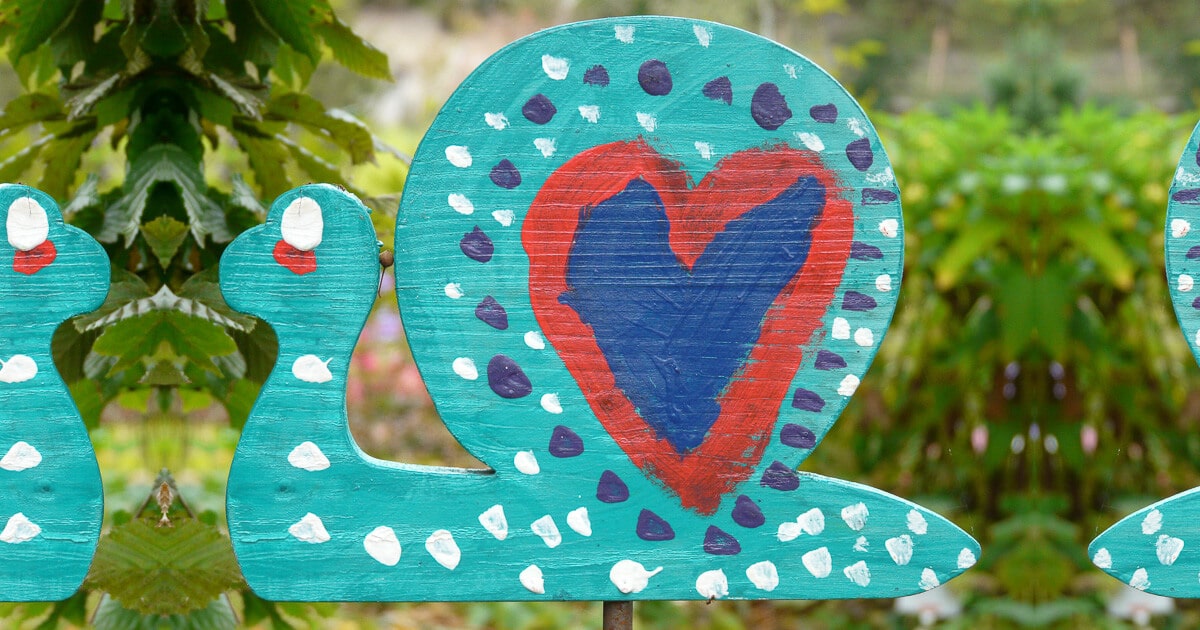These last weeks, not to say these last years, most of people I’m speaking with say they are experiencing emotions as fear, frustration, sadness, worry, guilt, shame. I’m experiencing these emotions as well sometimes. I’m pretty sure you are experiencing some of these emotions too.
The uncertainty of the future is one of the reasons for some of these emotions. Feeling we have no choice is another reason. Thinking it’s only us experiencing such an emotion makes it even more difficult to deal with.
Self-compassion helped me and many other people hold these emotions, experience them, without getting overwhelmed.
First of all, it’s about anchoring ourselves in the present moment and acknowledging the situation as it is right now. Without catastrophizing and without pretending nothing is happening or having a forced positive attitude. What’s the situation right now? What’s the emotion I feel? How does it feel in my body? That’s it. Not more than this. No future, no stories!
Next, after acknowledging the situation, our emotions and how are they experienced in the body, it’s important to realize that we are not the only ones experiencing these emotions. It’s nothing wrong with us. Many people are in similar situations and experience similar emotions. This is being human. So, as emotions are part of human experience, no need to fight or resist them. We have a choice to act instead of react!
The action part is the choice we are making. We acknowledge it’s a difficult moment and we ask ourselves: What do I need to get through this in the best possible way? It doesn’t mean the emotion will go away, as a cold would not go away if we drink a warm tea. But it’s about what can help us, as the team might help us while having a sore throat.
And while taking action, it’s also a choice how we speak to ourselves. How is the tone of voice? Which words are we using? Are they kind or self-critical. Being self-compassionate means taking action while speaking and treating ourselves with kindness, as we would speak to our best friend.
None of these steps are easy, as most of us we are used to make up stories in our minds, projecting the worst possible scenarios, we think it’s only us experiencing this, so we isolate ourselves and don’t talk about it, we are self-critical and tough on ourselves, we feel we are trapped and we have no choice, so we get overwhelmed and go on the downwards spiral.
Self-compassion can help to transform your relationship with emotions. The three steps described are the three components of self-compassion: mindfulness, common humanity and self-kindness.
If you want to learn how to be self-compassionate when it’s difficult, I invite you to sign up for our next Mindful Self-Compassion (MSC) program starting soon, joining other human beings on this journey.
For more information
have a look here or you can connect with us for a chat.
Feel free to pass on this info to friends and family who may benefit from the MSC course.


